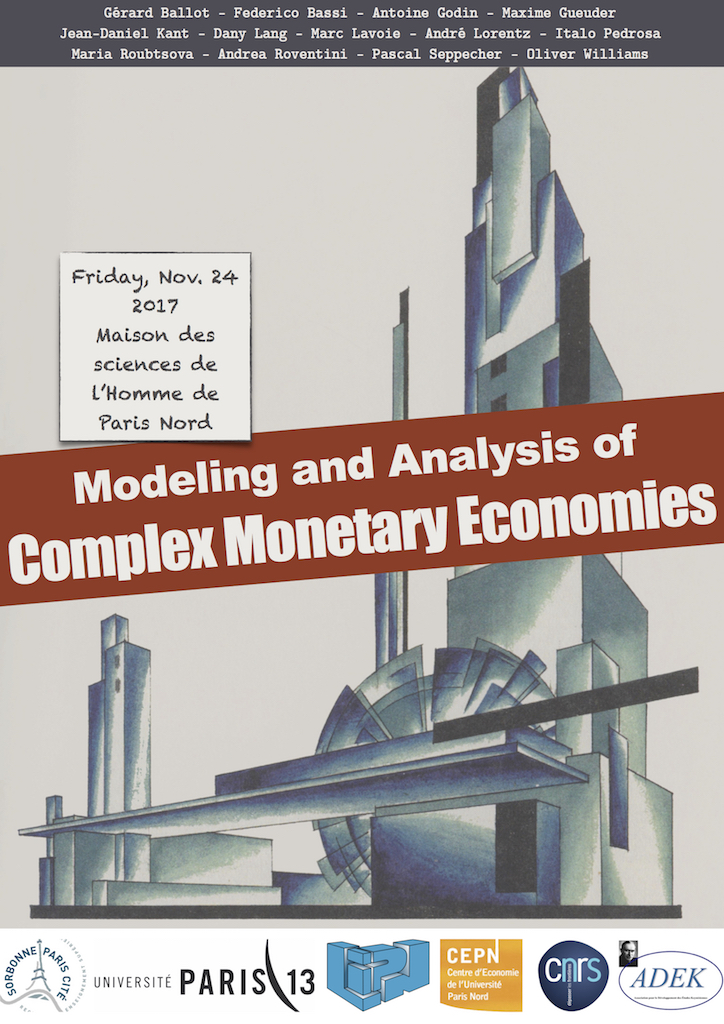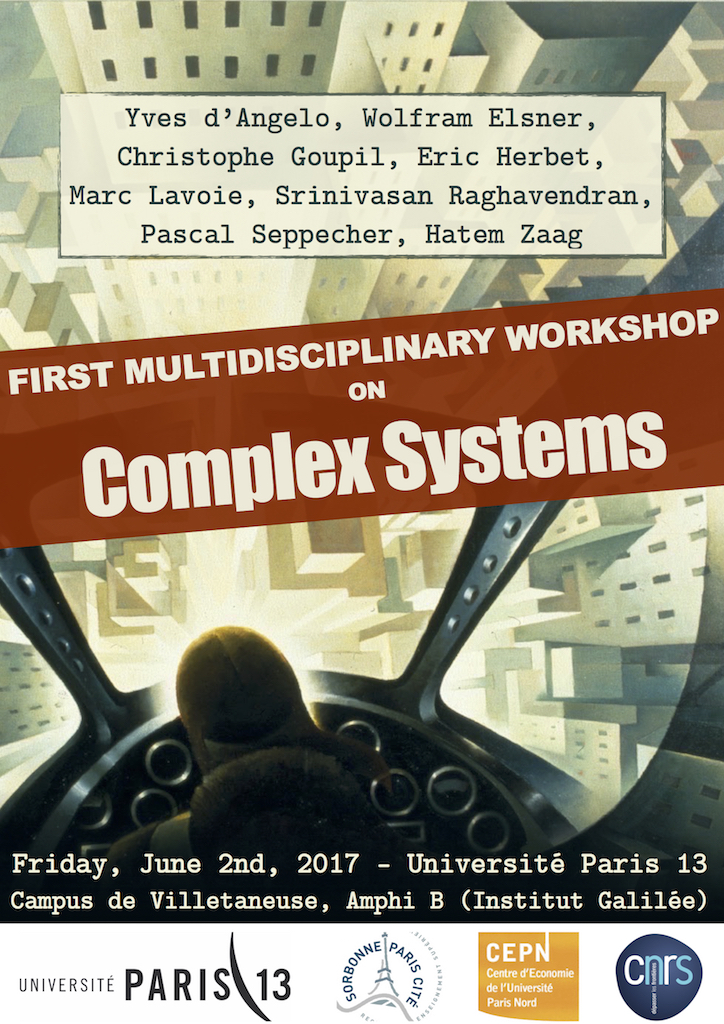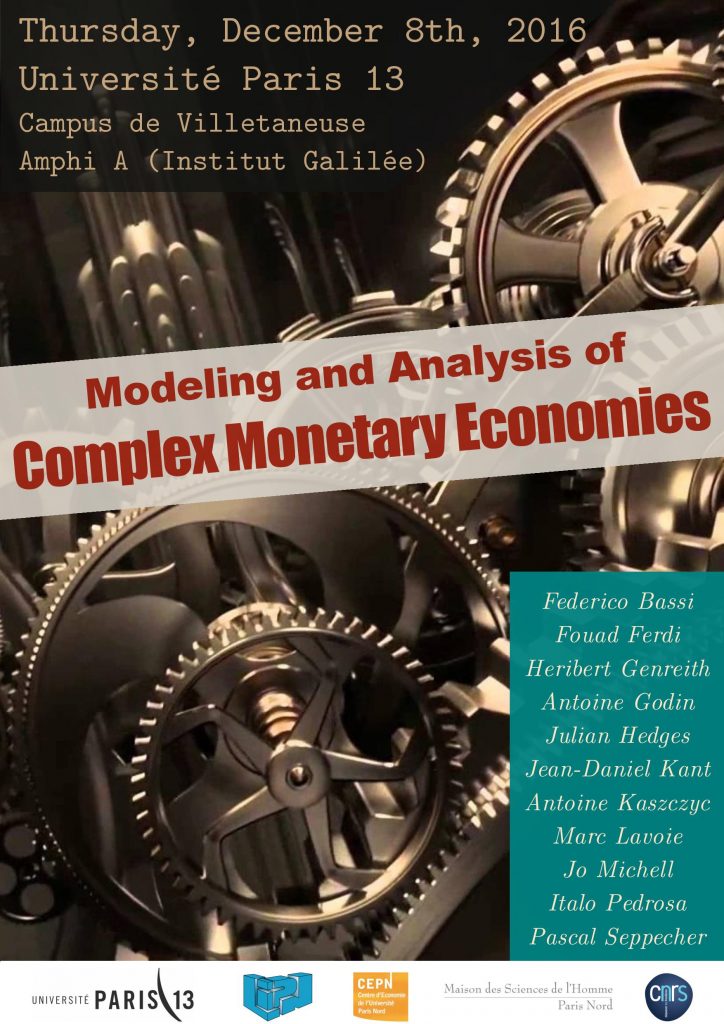
Jamel: Java Agent-based MacroEconomic Laboratory
Jamel (Java Agent-based Macro-Economic Laboratory) is an open source agent-based framework dedicated to the modeling, the simulation and the analysis of complex monetary economies. The latest version of Jamel (20160509) is available as a downloadable application. It contains the companion baseline simulation of the paper "Is the market really a good teacher? Market selection, collective adaptation and financial instability" (2016).
Published in Industrial and Corporate Change (available online at: https://doi.org/10.1093/icc/dty011, pre-print version available on <RePEc> What drives markups?Evolutionary pricing in an agent-based stock-flow consistent macroeconomic modelPascal Seppecher, Isabelle Salle, Marc LavoieJune, 2018Abstract: This article studies coordination between firms in a multi-sectoral macroeconomic model with endogenous business cycles. Firms are both in competition and interdependent, and set their prices with a markup over unit costs. Markups are heterogeneous and evolve under market pressure. We observe a systematic coordination between firms of each sector, and between each sector. The resulting pattern of relative prices is fairly consistent with the labor theory of value. These emerging features are robust to technology shocks. Keywords: General interdependence, Pricing, Agent-based modeling, Learning. JEL classification codes: E12, L16, L11, D46, C63. Slides (AFEP 2017)
Published in the Journal of Evolutionary Economics (available online at: https://doi.org/10.1007/s00191-018-0571-7, pre-print version available on <RePEc> Is the market really a good teacher?Market selection, collective adaptation
| ||


